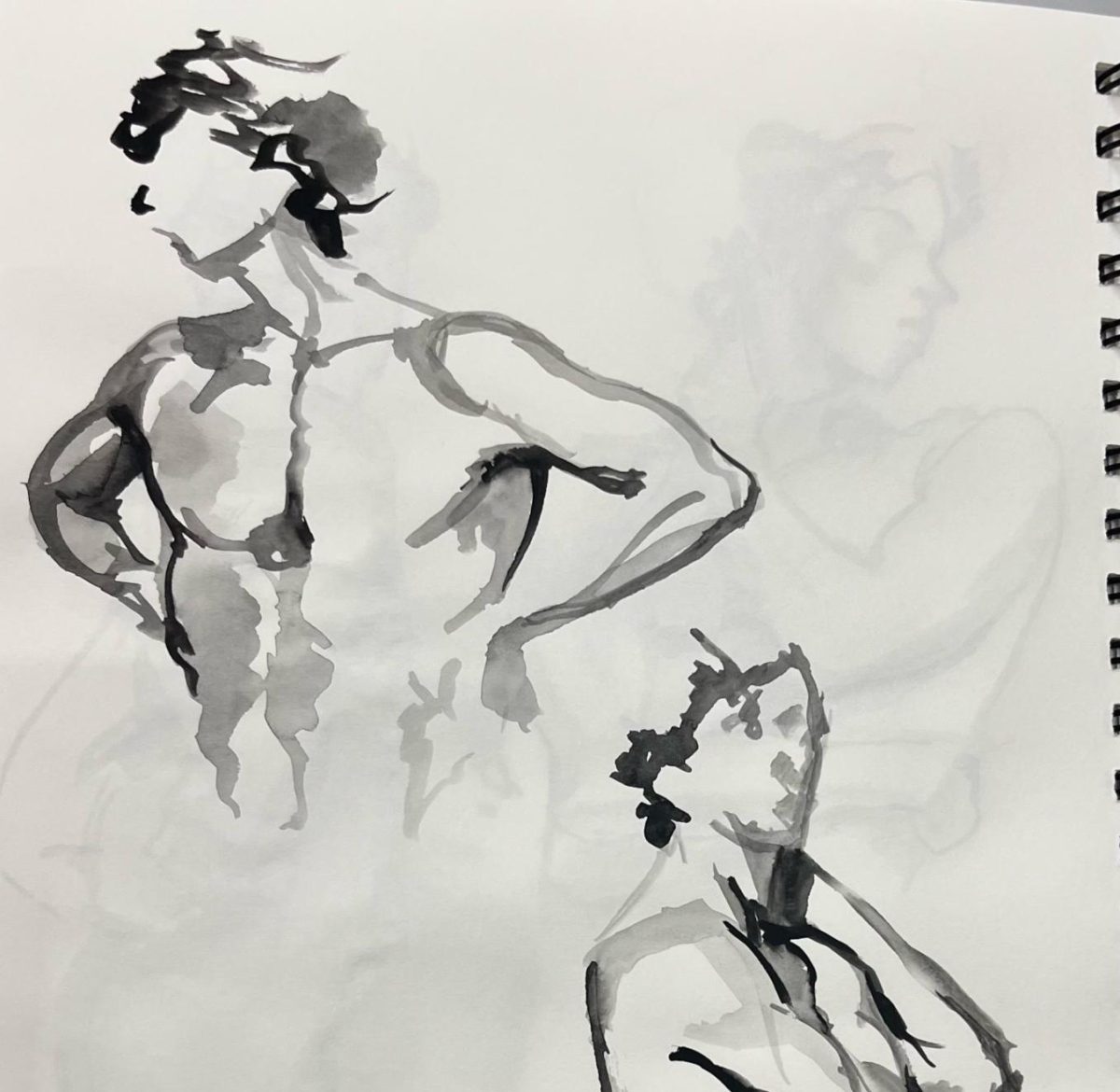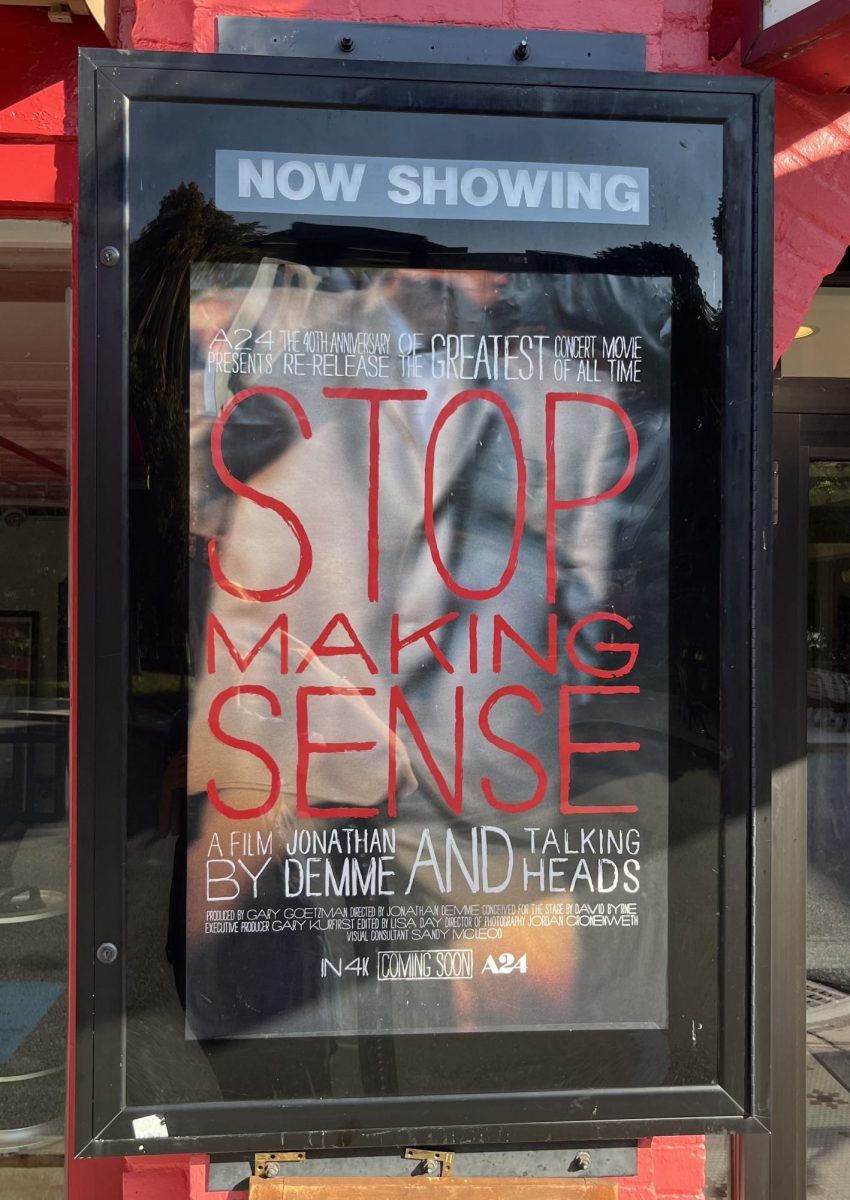
Problemista is, in many ways, a stunning achievement for its writer, director, producer, and star, Salvadoran comedian Julio Torres. Torres — whose credits include writing for Saturday Night Live and showrunning, writing, and acting for HBO’s Los Espookys — successfully walks a stylistic tightrope, delivering a uniquely surrealist, comedy-skewering, semi-autobiographical story about immigration bureaucracy, gig work, and the plight of service workers.
In the film, Torres plays Alejandro, a self-possessed but outwardly anxious man who finds himself the de facto assistant to Elizabeth (Tilda Swinton), a neurotic art critic with inherited wealth, bright red hair dye, and a cryogenically frozen husband named Bobby (RZA). Alejandro hails from El Salvador, and the film renders his childhood through lush colorful images of the character playing in a surrealist fort built for him by his mother.
In his adulthood, Alejandro immigrates to New York City in hopes of becoming a toy designer for American toy conglomorate Hasbro, figuratively realizing his mother’s recurring nightmares of him running into a cave inhabited by a monster. After sending off his portfolio to Hasbro, which includes absurdist creations like a line of American Girl Dolls holding smartphones emblazoned with unsettling screen grabs, he takes a job as Bobby’s archivist with FreezeCorp, a cryogenics company that fires him for a trivial mistake. After this, Alejandro has to find a new employer to sponsor his work visa before the end of thirty days or face deportation.
Enter Elizabeth, who offers to hire Alejandro as her assistant for a trial period, and if she likes him, offers to sign his work visa and sponsor him. If Problemista has any fault, it is that it exonerates Elizabeth too much. It frequently dwells on Swinton as she screams “Serve me!” at hapless service workers for problems that are either her fault or completely imaginary. In many scenes, Alejandro almost disappears into the background as Elizabeth’s non-stop paranoia steals the spotlight. Although this could reflect the ever-polite Alejandro’s wonder that a person would impose themselves on others so indiscriminately, Problemista does not quite convince its audience Elizabeth would be interesting in a film where she isn’t an allegorical cave monster.
Alejandro claims that they both share a deep desire for the impossible: He wants to get his increasingly out-of-reach work visa to become a toy designer, and Elizabeth wants to prove that she is worthy of Bobby’s love, despite Bobby’s narcissistic tendencies and bizarre art.
As Alejandro and Elizabeth attempt to catalog Bobby’s paintings on FileMaker Pro and sell them to ensure that Bobby can stay frozen, the film’s penchant for surrealism slowly leaks through. The screeching Elizabeth and the ill-fated, trapped Alejandro are transported into a dimly lit hellscape, where immigration laws are depicted in a cold, desaturated manner. The hellscape is represented by a monotonous and endless series of rooms with no escape. Craigslist is depicted as a swirling purplish wormhole of junk, with an emcee who suggests to the desperate Alejandro that he take various odd jobs.
These whimsical callbacks to the saturated idyll of his childhood seem to offer Alejandro a comforting escape into his imagination that allows him to transcend painful realities, including the dark moment when he takes a gig titled “cleaning boy kink” to make ends meet. Though this could easily feel kitschy, the film successfully ventures into Alejandro’s mind without leaving the audience cringing, a believable foray into the safety of dissociation during moments of fear and pain.
The autobiographical background of the film lends it a realist feel that functions as a necessary balance to its more fantastical elements, not the least in the supremely believable supporting characters.
From Dalia (Greta Lee), Bobby’s former student and lover who was forced to run a daycare after Elizabeth ruined her career, to Bingham (James Scully), an art collector’s heir accused of a hit-and-run murder who briefly interned for Elizabeth, the supporting characters feel both real and absurd, reflecting the film’s overall tone.
The film appears to argue that imagination does not solely function as shelter but that the power of the artist’s imagination lies in its use to find order in absurdity, willing both problems and solutions into the world. Alejandro encountered the ability to will internal solutions into being from his mother, and the ability to will more outward solutions from Elizabeth, whom he reunites with at the reawakening ceremony for FreezeCorp (as Bobby begins to hit on a younger woman). I don’t know if I agree with Problemista’s theory that artists and their imagination can will solutions into being, but it conveys this concept so wholeheartedly that I couldn’t help but smile as Alejandro hugs Elizabeth, assuring her that he did sync the databases on FileMakerPro after all.
Problemista wil be playing at Images through Thursday, April 18.













